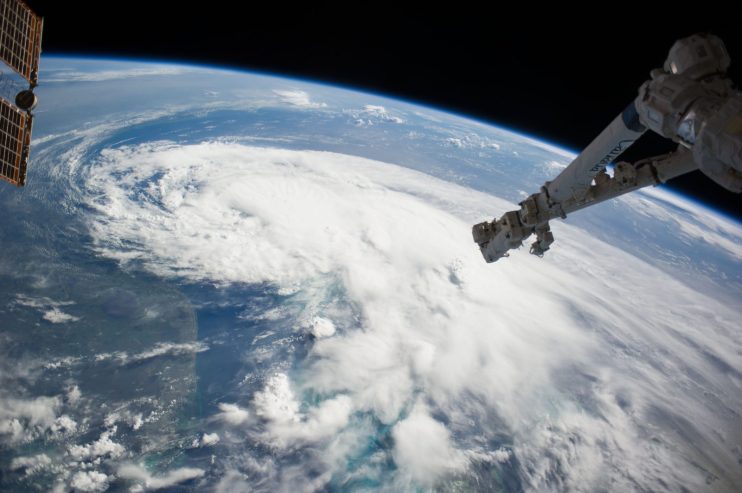Boost the UK’s space power now — or risk a catastrophic cyber strike

At the start of this year, the coronavirus pandemic took the world by surprise, and the UK was ill-prepared to deal with it.
Now, as we head towards 2021, the end of Covid-19 appears to be in sight. But there are other threats on the horizon that Britain is not ready for.
As the defence secretary warned in a recent speech: “Today, we’re facing coronavirus; tomorrow, it could be a high-level cyber strike.”
Unfortunately, there is every reason to fear that the UK could be caught off guard in the face of such a cyber attack, particularly when it comes to our satellite systems.
The government recently announced a “cyber force” to improve Britain’s military defences, plus a new Space Command, but defending our own assets is only part of the picture. With shifting geopolitics and threats now coming from all angles, we need urgent action to boost our space power and reduce our dependency on other countries’ satellite assets.
Between them, the world’s big three space powers — the US, Russia and China — now have the lion’s share of the 2,600 operational satellites in orbit. And we need some of them. Alarmingly, a new report from UKspace suggests that of around £300bn of UK economic output that requires satellite data, at least 90 per cent is dependent on satellites operated by other countries.
The big danger for the UK is that we could end up as collateral damage if a foreign power mounts a satellite system attack or a high-level cyber strike. In a worst-case scenario, Britain could wake up to the collapse of our phone, television, and GPS networks, powerless to deal with it. Even a short, temporary disruption to satellite data in the UK would cause up to almost £1bn of damage each day.
This is not a hyperbolic, farfetched threat. Those in the White House and the Pentagon have known for some time that China has an array of direct-ascent, cyber, electromagnetic, and co-orbital counter-space weapons capable of targeting nearly every class of US space asset. And in July this year, Russia reignited international concerns that space is becoming the new battleground for strategic global supremacy when a satellite named Cosmos 2543 fired a weaponised projectile out across space.
To avoid a catastrophic economic disruption here in Britain, we must ensure that the UK space sector can achieve its growth potential and reduce our dependency on other countries’ satellite assets. Specifically, we still need to see the blueprint for the development of a sovereign Global Navigation Satellite System to rival GPS or the EU’s Galileo system, while a new national space procurement fund would pave the way for more UK-developed space sector products and services.
If Britain is to achieve its potential as a space power, maintaining and building important overseas partnerships will be crucial. But as the share of our economy dependent on satellites grows, we must also aim to build up more of our own sovereign capability.
With bold and decisive government action, Britain could realistically double its share of the global space market to £30bn by 2030, creating high-value jobs up and down the country at the same time.
Without such action, we could soon find ourselves sleepwalking into greater and greater dependency on foreign states for our economic resilience and security.
Main image credit: Getty